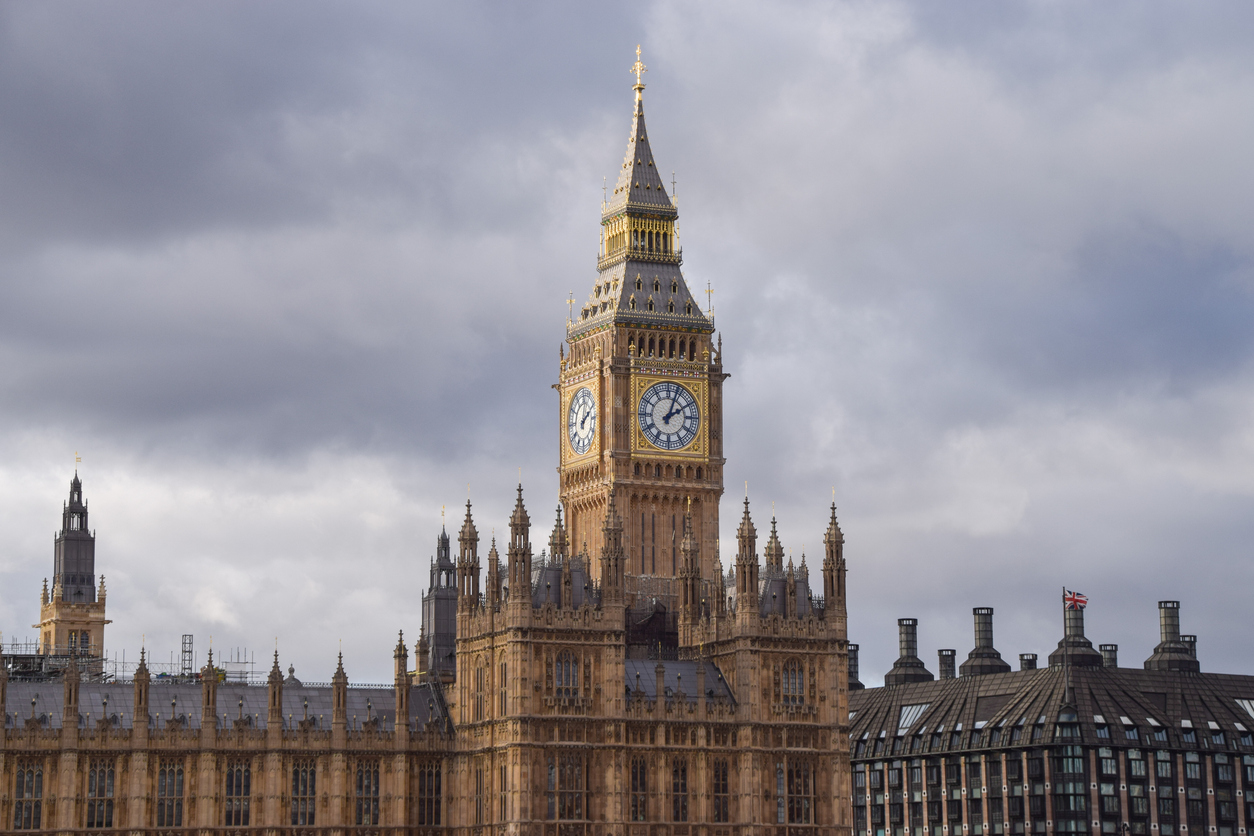The Brexit vote illustrated how public confidence in our political system was precarious and recent scandalous governments have shaken it to the foundations. People feel that they are not listened to, not cared for, ignored and sometimes even reviled. Yet when roused, our popular democracy can be a formidable beast, as we have seen in recent by-elections.
The Commission on Political Power, a grouping of people who have worked in and thought about central and local government, has published four short papers looking at how this democracy could be improved, step by steady step. The most recent paper proposed ideas for increasing citizens’ engagement with political power.
There is always good news and that must come first. There are hundreds of thousands of people who are participating in political power at every level. These people are elected councillors, school governors, running food banks, youth groups, local newspapers and fairs. They are community leaders in the strongest sense and they have more influence than they realise. This is the fabric of democracy. It is not just political power at the centre.
The problem is that central political power is top heavy and needs to become more diffuse and there are ways that citizens can be more engaged so that political influence is spread more fairly.


One of the most exciting recent innovations is the development of citizens’ assemblies. These are groups of people chosen randomly, rather like juries, to learn about and come up with ideas for solving a problem. The best known example is that in Ireland that led the way to abortion and divorce reform. In the UK six House of Commons committees commissioned a citizens’ assembly on climate change which published a final report in 2020. What is interesting here is the difference in outcome. The Irish government sponsored the assemblies and committed to acting on their recommendation, whereas the British government has ignored the work of Parliament’s sponsored assembly.
Deliberative processes like citizens’ assemblies are tools that can help us find a way through contentious issues and inform decision making. This is absolutely not mob rule, the assemblies ask a lot from the participants who have to devote considerable time to consideration of sometimes technical and complex information from experts and who have to listen to competing ideas. But, they do work. At the end, the wisdom of the crowd is encouraging and should be used to guide governance.
The most alienated from political decision making are young people and because they have the biggest stake as they are going to be around longer than we older people we need to make an effort to engage them. Young people do not easily see traditional forms of representation as the answer but there are examples of how young people can be supported to become more empowered. Citizenship in schools is key, that does not mean just teaching about it in lessons but more importantly devolving power to young people within the institution.
The Commission looked at practical ways the public can be better informed and engaged in the political system. Campaigns headed by figures such as Jamie Oliver and Marcus Rashford have been influential. We think the media could be better used. The BBC Parliament is as dry as dust and could be better used to provide context.
As a former locally elected councillor I am passionate about local decision making and democracy. It has been deliberately disempowered and financially atrophied but is still, in outposts, representing and engaging with real energy. If we are to counter the view that political power resides in London, we need to revive local government. A case study is the Preston model where the council led other partners in the private and public sector like colleges, housing associations and the university to invest in the local economy to bring about community wealth.
The Commission looks at how civil society organisations can foster greater democratic engagement and accountability. Public appointments should be spread better and encouraged. The people who are magistrates or on the boards of visitors of prisons are old and white. Better recompense for employers to allow time off and better protection for decision making would encourage people who can show conspicuous merit but who come from different communities, like the young and working class, to be involved.
The demographic of MPs has changed. Conservatives MPs have always been drawn from a wealthy social class but Labour used to include trades union activists and the working class. Increasingly party candidates are people who have been apparatchiks. The introduction of primaries to select candidates for council and Parliament would open them up to a wider constituency and engage local people in the choice. When the Conservative Party briefly experimented with open primaries it threw up some interesting and independently minded MPs.
Finally, the Commission looked at the ethics and output of the media which is corroding and corrupting politics. The demise of local journalism and local media has eroded public confidence and knowledge of politics. There is general concern about the malign influence of social media and its promotion of disinformation which is a genuine threat to democracy. The Commission calls for a long term strategy for change from the next government to revive local media and for controls on social media that is misleading.
These are small steps that could enhance public engagement and shift political power. There is no revolution here, but some ideas that could make a difference and improve democracy whilst shifting power. Disengagement and disenchantment must be dealt with, or our political system needs to be reinvigorated.
Politics.co.uk is the UK’s leading digital-only political website, providing comprehensive coverage of UK politics. Subscribe to our daily newsletter here.












